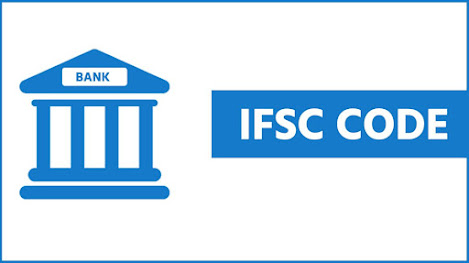Bank IFSC | Bank IFSC search | IFSC code search
Introduction:
In the current digital era, bank transactions are becoming more accessible and convenient. The use of electronic payment methods has made banking much more comfortable, and people are increasingly opting for such facilities. However, to ensure the successful completion of electronic transactions, we must know the correct banking details, including the IFSC (Indian Financial System Code) of the recipient's bank. In this article, we will delve deeper into the importance of IFSC codes and how to find them.Importance of Bank IFSC:
IFSC is an 11-digit code that helps identify the bank and the branch during inter-bank transactions. Every bank has a unique IFSC code, which is essential for electronic funds transfer. It plays a crucial role in maintaining the accuracy and security of online transactions. If the IFSC code is incorrect, the money transfer process may fail, or the transaction may be reversed. In case of an incorrect IFSC, the transaction may also get delayed, and the money may take a longer time to reach the beneficiary account.How to Find Bank IFSC?
There are different ways to find the IFSC code of a bank. Here are some of the most commonly used methods:Online Search: The easiest way to find the IFSC code of a bank is through online search engines. There are several websites, including the official website of the Reserve Bank of India, which offer the facility to search for IFSC codes. You need to provide the bank's name, branch location, and other details to get the correct IFSC code.
Passbook or Cheque Book: IFSC codes are also mentioned in the passbook or cheque book provided by the bank. You can check the code on the front page of the passbook or the top left corner of the cheque leaf.
Mobile Banking App: Most banks offer mobile banking apps that allow you to view your account details and transfer funds. The IFSC code of the beneficiary bank can be found in the app while initiating a transaction.
Customer Care: You can also contact the bank's customer care to get the IFSC code. The customer care executive will ask for some details like the bank name, branch location, and account number to provide you with the IFSC code.



















